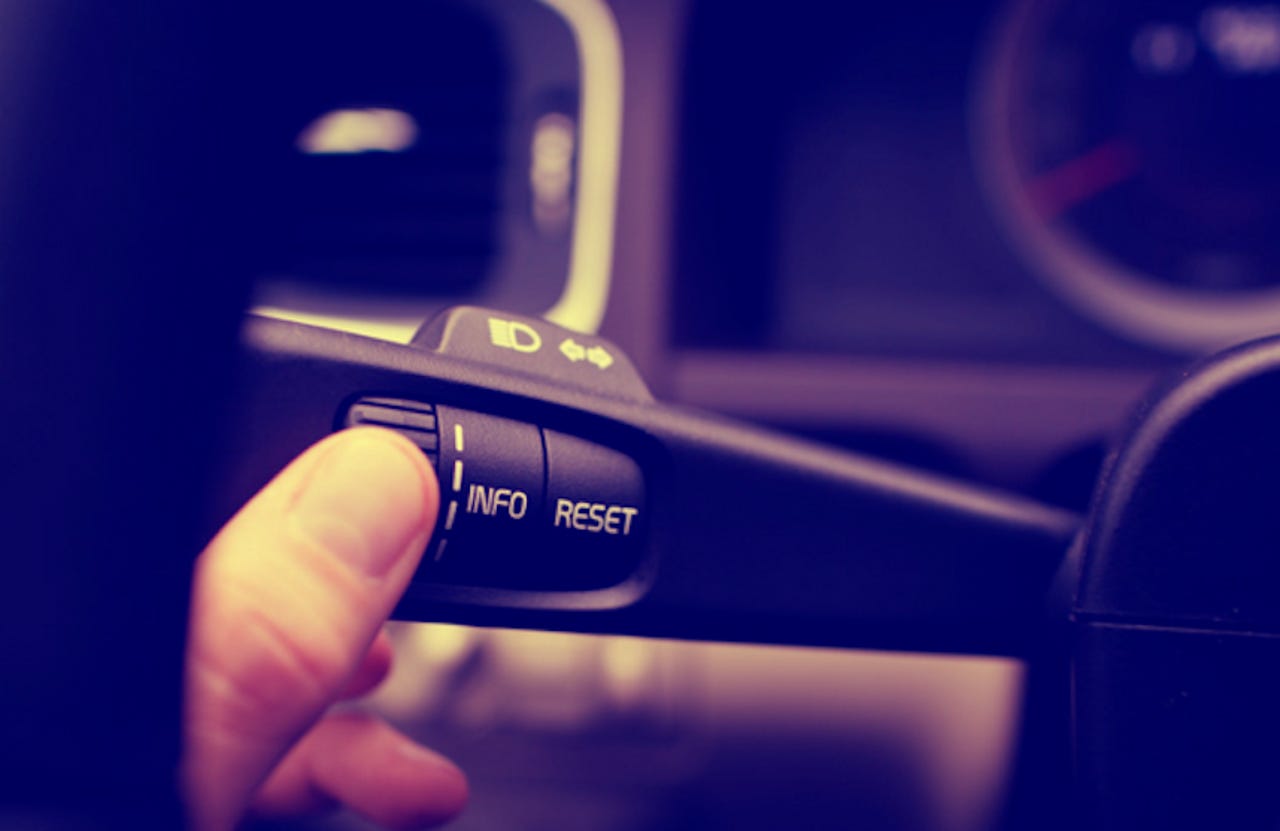Self-driving cars may be the future but consumers don't buy it


In the US, many consumers believe autonomous cars are the future of transport, but between lazy driving, the rich and The Jetsons, there is a lack of appeal in buying one.
Connected cars are already here. Everything from advanced braking systems to rear-view cameras and interactive dashboards are being introduced by automakers looking towards advanced technology to make their cars safer and more appealing to consumers in a congested market. Just as smartphones became rapidly thinner, lighter and full of new features -- with the introduction of Wi-Fi, cameras and app ecosystems, for example -- in order to lure new consumers, the vehicle market is experiencing the same shift.
Today, you can compare an old Nokia brick installed with Snake to the iPhone 6 in the same way as you can a classic Mini and today's high-end Chrysler models.
Eventually, cars equipped with cameras, 4G-based interactive dashboards, apps and inbuilt navigation systems will be commonplace. However, making the leap from Apple's CarPlay operating system to a Jetsons-style car which gets us from A to B with no effort takes a little more imagination.
Companies such as Google and Mercedes might be pushing ahead with experiments to make autonomous driving a reality, but that doesn't mean all consumers will bite. In a recent poll released by Harris Interactive, 2,276 US adults surveyed in November last year displayed divided opinions on the future of the connected car and self-driving vehicles.
For the US consumers surveyed by the research firm, the idea of sharing the road with fully-automated cars which drive themselves can be hard to swallow. Out of those surveyed, 35 percent said these types of cars are the future of driving, meanwhile almost a quarter believe self-driving vehicles are something out of The Jetsons cartoon. In addition, 19 percent of respondents said self-driving cars are "insanely cool," and 22 percent said it is a technology they would love to own.
However, 34 percent said the vehicles are an unnecessary luxury, and nearly a third -- 32 percent -- feel such cars will only be for the arena of the rich. Furthermore, 30 percent said they represent nothing more than a lazy way to drive. For 12 percent of respondents, self-driving cars are simply "confusing."
While some consumers said self-driving cars could be advantageous in fuel economy savings and productivity, a quarter simply didn't see the point of them. In addition, added costs -- such as increased servicing due to the complexity of the technology -- computer glitches and higher insurance costs are potential drawbacks of adopting a self-driving vehicle.
Google would have you believe self-driving cars represent a safer future of transport. However, a number of research respondents beg to differ. There was a strong divide between consumers when asked whether self-driving cars would prevent accidents: 48 percent stating self-driving cars would be a safer bet while 52 percent believe they will be a danger to the driver.
When asked how much danger self-driving cars represented to city streets, other vehicles and pedestrians, respondents were unified -- 57 percent believing self-driving vehicles would be dangerous for other drivers in their proximity, and 61 percent saying the same for pedestrians.
See also: Google's self-driving car project tackles city streets
To buy or not to buy? Over one-fifth, 22 percent, said they would consider buying or leasing a vehicle once "bugs" have been cleared up, and 17 percent said the same once the price of such cars is at a reasonable level. A small percentage of respondents also said they would potentially invest in a self-driving car based on positive feedback.
However, 33 percent said they would never consider buying or leasing a self-driving vehicle. Out of the respondents which refused to entertain the idea of purchase, 50 percent were mature drivers, 36 percent Baby Boomers, 36 percent Gen X and 22 percent were Millennials.
Perhaps it will simply be a matter of slow advances made by automakers over the years to improve consumer opinion and acceptance of self-driving cars. After all, today's cruise control on highways and sensor-laden connected vehicles are used and accepted without a problem.
However, as fuel prices rocket and many of us are going from A to B in tin cans and cheap runarounds, the idea of a connected car or future self-driving vehicle may remain a dream -- and self-driving models may indeed only end up used by select, wealthy circles. If this is the future of the autonomous car, moving on the same roads as standard vehicles, safety worries may have a basis.
Read on: In the world of innovation
- NASA, ODG explore smart glasses for space
- Samsung hopes to secure top spot in Internet of Things revolution
- FAA to impose restrictions on commercial drone use
- "="" rel="follow">Pentagon to sharpen tech edge with robotics, 3D printing, weaponry
- Waze unveils government data exchange program
- Google readies Android for the connected car